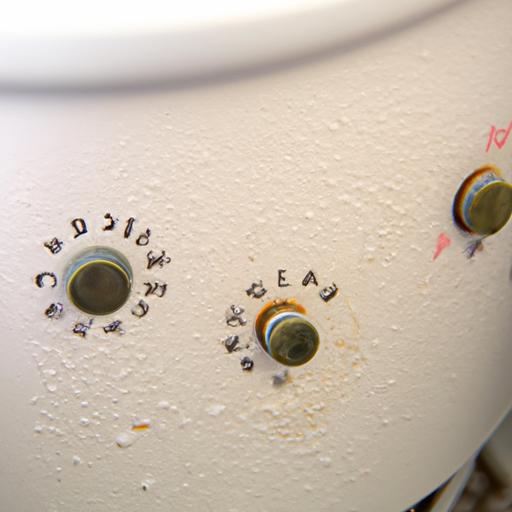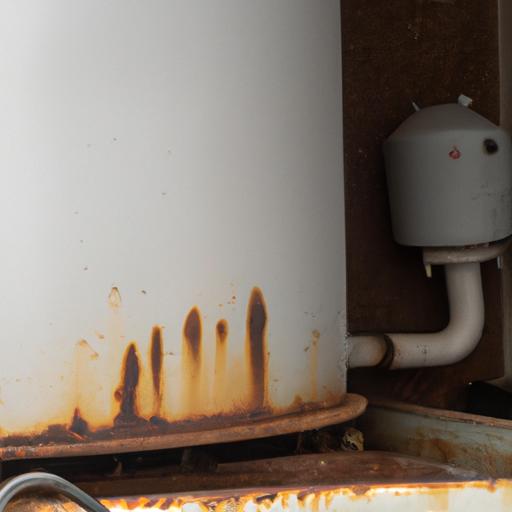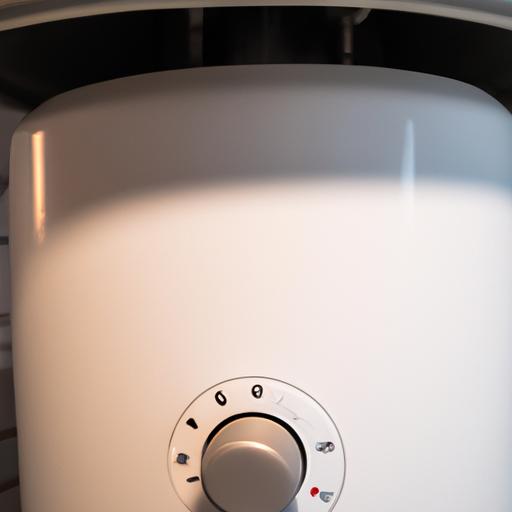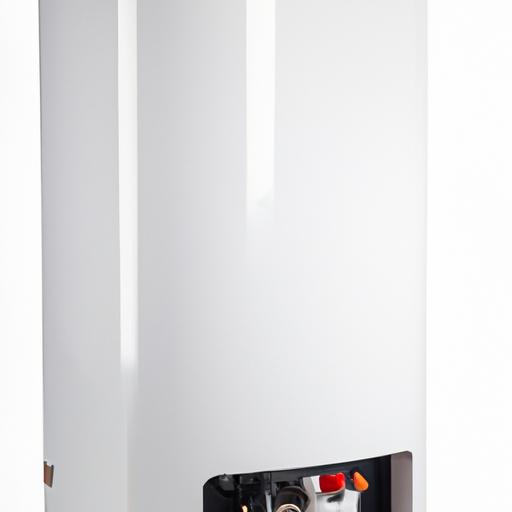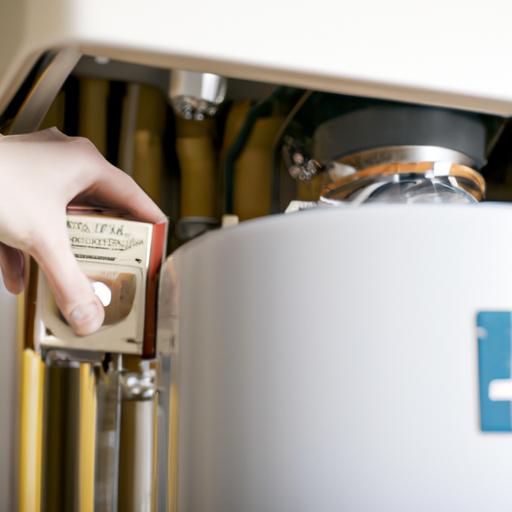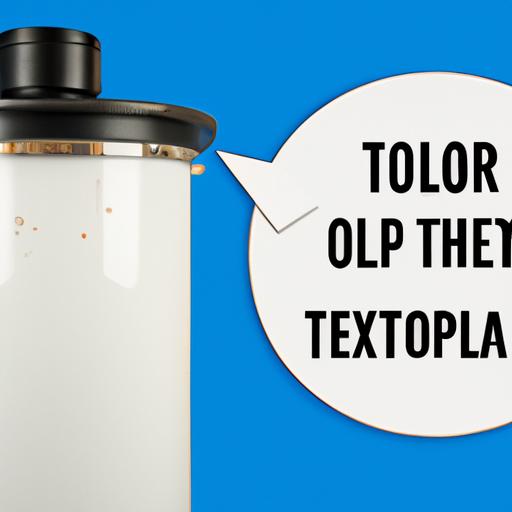Introduction
Do you know about insulating water heater? Did you know that something as simple as insulating your water heater can lead to significant energy savings? That’s right! Insulating a water heater is not just a mundane task; it’s an opportunity to improve energy efficiency and reduce your utility bills. In this article, plumbingrepairtips.com will guide you through the process of insulating your water heater, explaining its importance and the benefits it brings.
When it comes to home energy consumption, water heating often takes up a significant portion of the pie. By insulating your water heater, you can minimize heat loss and ensure that the energy used to heat your water stays where it belongs – inside the tank. But why is this so crucial?
Energy efficiency is not just a buzzword; it’s a necessity in today’s world. By insulating your water heater, you can conserve energy and reduce your carbon footprint. Furthermore, you’ll be delighted to see the positive impact on your monthly utility bills. Who doesn’t want to save some extra cash, right?
Now, let’s delve into the numerous benefits of insulating your water heater. By taking this step, you’ll not only contribute to a greener future but also enjoy several advantages that go beyond energy efficiency. So, grab your toolbox, and let’s get started on this journey towards a more sustainable and cost-effective water heating system. Stay tuned!
Understanding Water Heater Insulation
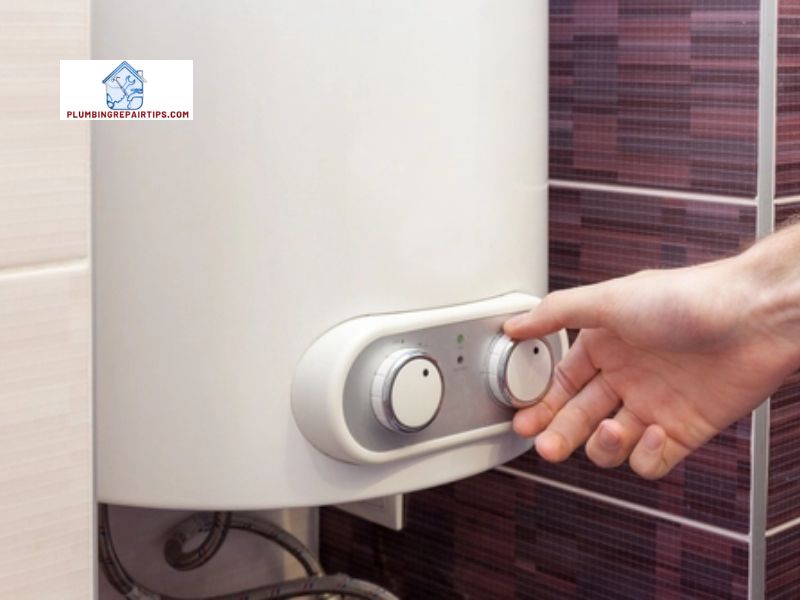
What is Water Heater Insulation?
Before we dive into the details, let’s start with the basics. Water heater insulation refers to the process of adding a layer of insulation material around your water heater tank. This insulation acts as a barrier, preventing heat loss and maintaining the temperature of the water inside the tank. By minimizing heat loss, you can reduce the energy needed to heat the water, resulting in increased energy efficiency.
Types of Insulation Materials for Water Heaters
When it comes to insulating your water heater, there are various insulation materials to choose from. Let’s explore some popular options:
- Fiberglass Insulation: This type of insulation is commonly used due to its affordability and effectiveness. It consists of glass fibers that trap air, providing excellent thermal insulation.
- Foam Insulation: Foam insulation, also known as foam jacketing, is another popular choice. It comes in the form of pre-cut foam blankets or foam tubes that easily wrap around the water heater tank.
- Reflective Foil Insulation: This type of insulation is designed to reflect radiant heat, making it ideal for water heaters located in areas with high temperatures. Reflective foil insulation consists of a layer of foil-backed foam that can be easily installed around the tank.
- Insulating Blankets: Insulating blankets are specifically designed for water heaters. These blankets are made of fiberglass or foam and come with an R-value, which measures their thermal resistance. Ensure the blanket you choose has an appropriate R-value for maximum effectiveness.
Factors to Consider When Choosing Insulation Material
When selecting an insulation material for your water heater, it’s essential to consider a few factors:
- R-Value: The R-value represents the insulation material’s ability to resist heat flow. The higher the R-value, the better the insulation’s effectiveness.
- Safety: Ensure that the insulation material is safe to use and doesn’t pose any fire hazards. Look for materials that are fire-resistant and have been tested for safety.
- Ease of Installation: Consider the ease of installation and whether you can handle the process yourself or if you might need professional assistance.
Now that you have a better understanding of water heater insulation and the different insulation materials available, it’s time to move on to the next step: actually insulating your water heater. Let’s explore the process in the next section!
Steps to Insulate a Water Heater
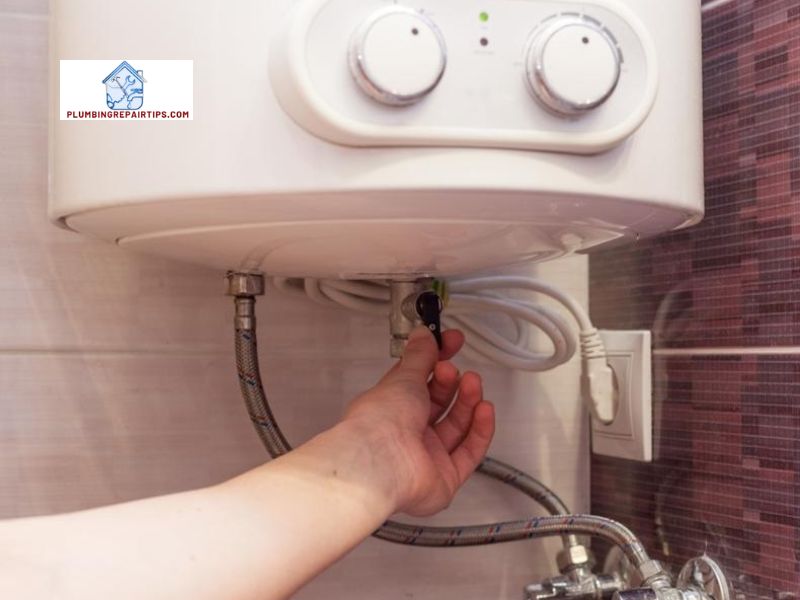
Preparing the Water Heater for Insulation
Before you begin insulating your water heater, it’s crucial to prepare the unit properly. Start by turning off the power supply to the heater and allowing it to cool down. Ensure the water heater is completely drained, as any moisture can affect the effectiveness of the insulation. Take the time to clean the exterior surface and remove any dust or debris.
Selecting the Appropriate Insulation Material
Choosing the right insulation material is vital to achieve optimal results. There are various options available, including fiberglass blankets, foam insulation jackets, and reflective insulation. Consider factors such as R-value (insulation’s ability to resist heat flow), ease of installation, and safety when selecting the insulation material. Remember, a higher R-value indicates better insulation performance.
Applying the Insulation to the Water Heater
Once you have the insulation material, it’s time to apply it to your water heater. Start by measuring the dimensions of the tank and cutting the insulation material accordingly. Wrap the material snugly around the tank, ensuring there are no gaps or overlaps. Secure it in place using tape or straps, making sure the access panels, controls, and vents remain exposed and accessible.
Insulating the Pipes Connected to the Water Heater
Don’t forget about the pipes connected to your water heater. Insulating them can help minimize heat loss during water transportation. You can use pre-cut foam pipe insulation sleeves or wrap the pipes with insulation tape. Pay special attention to the hot water pipes, as they tend to lose more heat. Seal any gaps or joints to ensure maximum insulation efficiency.
By following these steps, you can effectively insulate your water heater and enjoy the benefits of improved energy efficiency and cost savings. Now that you know how to prepare, select, and apply insulation, let’s explore the advantages of insulating water heaters in the next section.
Common Mistakes to Avoid when Insulating Water Heaters
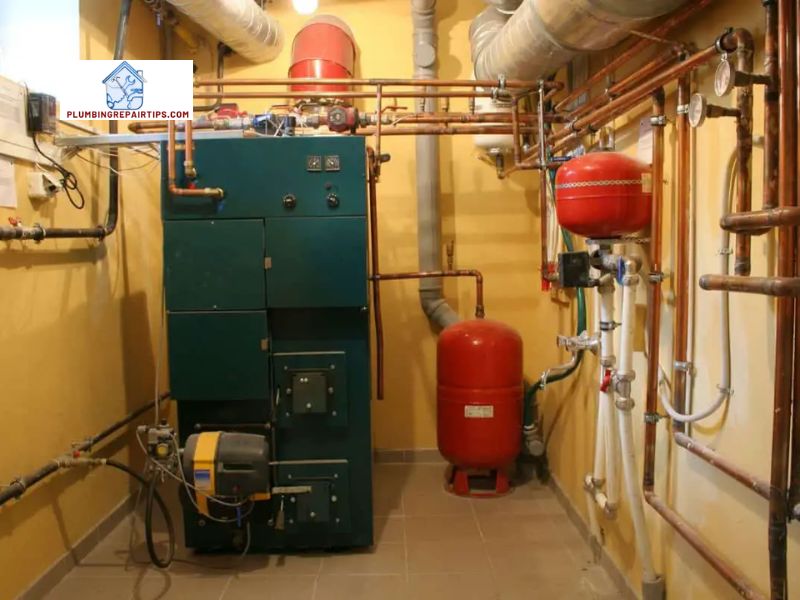
Insulating your water heater is a fantastic step towards improving energy efficiency, but it’s essential to do it right. Avoiding common mistakes will ensure that you reap the full benefits of insulation without any drawbacks. So, let’s explore the pitfalls you should steer clear of when insulating your water heater:
1. Using the wrong insulation material
Choosing the right insulation material is crucial for optimal results. While there are various options available, not all of them are suitable for water heaters. Using the wrong material can have adverse effects, such as moisture retention or fire hazards. Make sure to select insulation materials specifically designed for water heaters and follow the manufacturer’s recommendations.
2. Poor installation techniques
Even if you have the right insulation material, improper installation can compromise its effectiveness. Inadequate insulation coverage, gaps, or loose fittings can lead to heat loss and reduced energy efficiency. Take the time to carefully follow the installation instructions, ensuring a snug and secure fit around the water heater. Double-check for any leaks or areas where insulation might be compromised.
3. Neglecting safety precautions
Insulating a water heater involves working with potentially hazardous equipment. It’s crucial to prioritize safety throughout the process. Always turn off the power supply and shut off the water before beginning any insulation work. Additionally, be cautious of hot surfaces and use protective gear, such as gloves and goggles, to prevent any accidents or injuries.
4. Over-insulating or under-insulating the water heater
Finding the right balance is key when it comes to water heater insulation. Over-insulating can lead to excessive heat retention, potentially causing the water heater to overheat or malfunction. On the other hand, under-insulating may result in inadequate heat retention, leading to energy waste. Follow the manufacturer’s guidelines to ensure you achieve the recommended insulation thickness for optimal performance.
By avoiding these common mistakes, you can ensure a successful water heater insulation project. Taking the time to understand the process and following best practices will maximize energy efficiency and extend the lifespan of your water heater. Remember, attention to detail is crucial when it comes to insulation, so don’t rush through the process. Let’s move on to the next section and explore the advantages of insulating water heaters.
Advantages of Insulating Water Heaters
Insulating your water heater goes beyond energy efficiency and cost savings. Let’s explore the additional advantages that come with this simple yet impactful step.
1. Energy savings and reduced utility bills
By insulating your water heater, you can minimize heat loss and keep the water inside the tank hot for longer periods. This means that your water heater won’t have to work as hard to maintain the desired temperature, resulting in significant energy savings. As a result, you’ll notice a decrease in your monthly utility bills, leaving you with more money in your pocket.
2. Extended lifespan of the water heater
Heat loss can put unnecessary strain on your water heater, causing it to work harder and potentially shortening its lifespan. However, by insulating your water heater, you provide a protective layer that helps retain heat, reducing the strain on the unit. This can contribute to an extended lifespan for your water heater, saving you from premature replacements and additional expenses.
3. Enhanced safety and reduced risk of scalding
Insulating your water heater not only improves energy efficiency but also enhances safety. The insulation acts as a barrier, reducing the risk of accidental burns or scalding. It creates a protective layer that prevents the outer surface of the water heater from becoming excessively hot, making it safer to touch and minimizing the risk of injuries, especially for households with children or elderly individuals.
4. Reduced standby heat loss
Standby heat loss occurs when the heat from the water inside the tank escapes into the surrounding environment. Insulating your water heater helps combat this heat loss, keeping more heat within the tank and reducing standby heat loss. This means that even when the water heater is not actively heating water, it will lose less heat to the surroundings, resulting in improved energy efficiency and reduced energy waste.
By insulating your water heater, you reap the benefits of energy savings, an extended lifespan for your water heater, enhanced safety, and reduced standby heat loss. Now that we’ve explored the advantages, let’s move on to the common mistakes to avoid when insulating water heaters. Stay tuned for more valuable insights!
